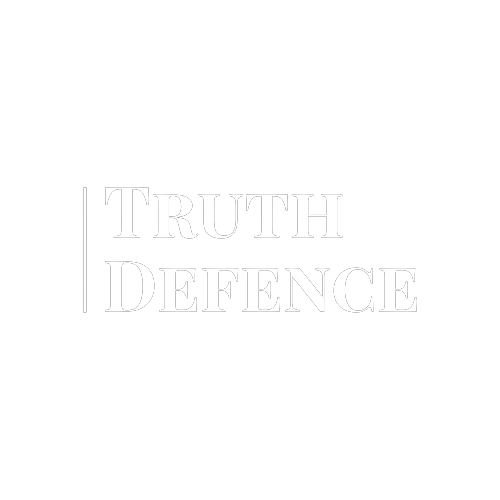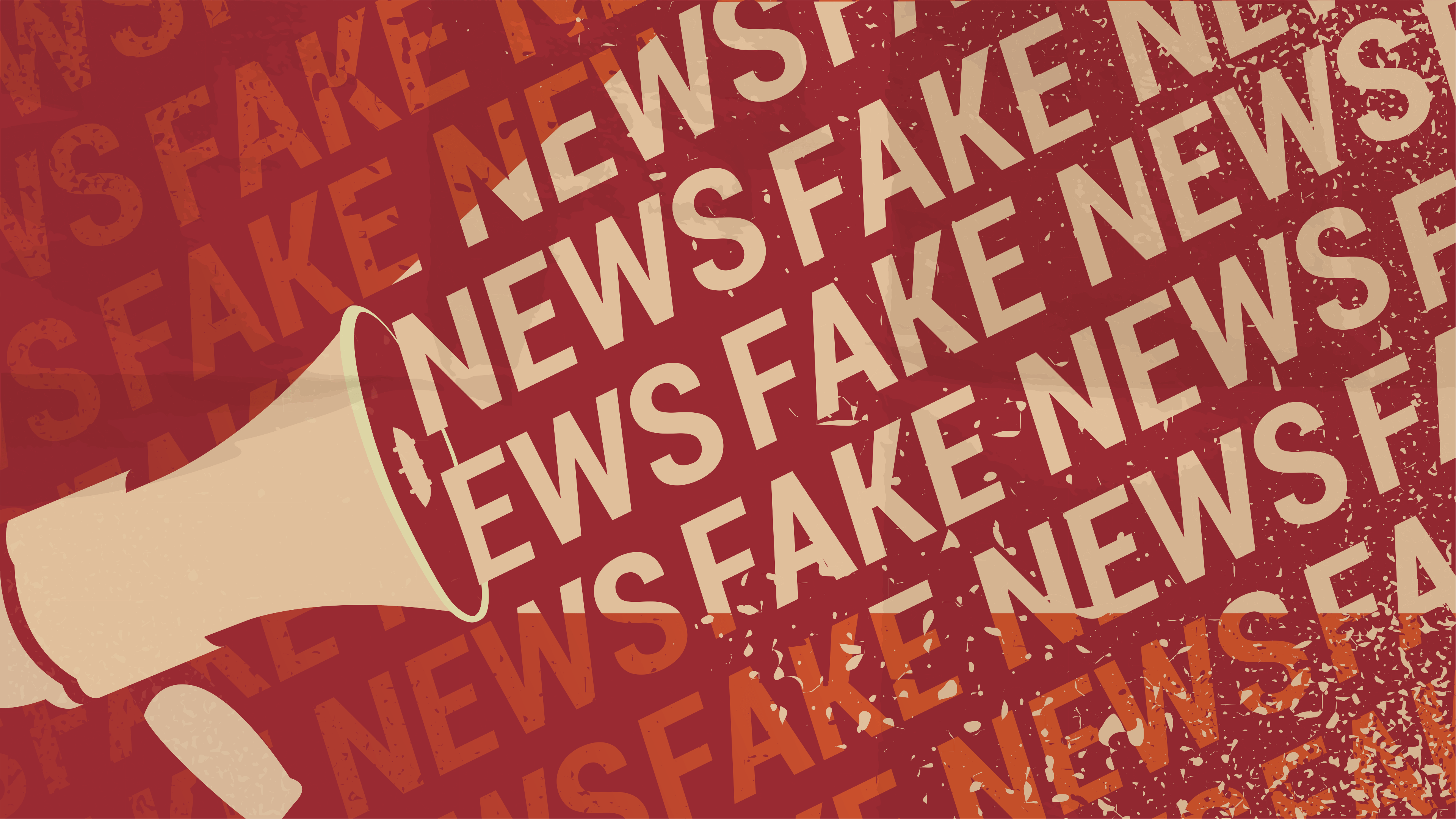The government are spying on their critics under the guise of ‘preventing disinformation’, raising further questions about the extent to which provisions to ‘tackle misinformation’ in the Online Safety Bill will be used to shape political agenda.
A network of secretive government ‘counter-disinformation’ units are spying on the British public and treating political dissent as fake news according to a new report by Big Brother Watch. The report reveals how soldiers working for the UK army’s psychological warfare unit, 77th Brigade, were passing tweets from British citizens about Covid-19 to central government, despite denying in 2020 that its role in the coronavirus response involved British citizens.
In addition, units operating within the the Cabinet Office, the Home Office and the Foreign Office have spied on politicians including Conservative MPs David Davis and Labour leader Keir Starmer, as well as journalists and high profile academics, targeting speech critical of the UK’s withdrawal from Afghanistan, the governments pandemic response and NATO.
Social media censorship
Many of the high profile individuals flagged by these government ‘counter-disinformation’ units have experienced censorship on social media. In 2021, YouTube removed a video posted by David Davis MP in which he expressed opposition to the use of domestic Covid-19 passports, despite the video itself not containing any inaccuracies.
Under the guise of ‘tackling misinformation’, reasonable discussion and has been shut down and over the last several years we have seen how high profile academics, journalists and campaigners have been smeared with the label of ‘spreading disinformation’.
“As the term disinformation is re-purposed, the more it drifts from its original meaning of wilfully spreading a known falsehood. The danger is that it increasingly becomes a weapon in febrile political debates to discredit rhetoric, delegitimise opponents or even attempt to suppress and censor their arguments.” – Big Brother Watch
This report underscores what we knew all along, that the provisions in the Online Safety Bill to ‘curb disinformation’ have little to do with tackling ‘malign actors’ who knowingly spreading falsehoods but are instead designed to prohibit free speech and prevent the spread of inconvenient truths.
Online Safety Bill
Measures introduced in the Bill to supposedly “fight Russian and hostile state disinformation” by requiring social media platforms to “proactively look for and remove disinformation from foreign state actors” also includes an amendment that would protect Russian state-controlled new outlet Russia Today, while British independent news publishers could be subject to censorship under the same amendment.
The press exemption means that media outlets which meet a specific criteria – a UK registered address, a standards code and a complaints procedure, it must publish “news related material” regardless of accuracy as its main course of business and be subject to “editorial control” – in order to be considered a “recognised news publisher”.
This means that new outlets regulated by Impress, the only regulator that meets all recommendations made by the Leveson Inquiry, could be removed in spite of accuracy while actual Russian disinformation is protected by the same law. The Foreign Interference Offence in the Online Safety Bill makes it illegal “for a person to engage in conduct for, on behalf of or with intent to benefit a foreign power in a way which interferes in UK rights, discredits our democratic intuitions, manipulates people’s participation in them and undermines the safety or interests of the UK.”
If there was any question as to how this language could be misused by the government to enforce policies, a recent amendment to the Bill would make it illegal to share video online that presents channel crossings in a ‘positive light’ might serve as an indication for the type of speech that the Bill aims to police, with flimsy language that leaves itself open for interpretation.
Media apathy
In the aftermath of the Twitter Files, which revealed the close relationship between intelligence services and social media companies – including the removal of accounts at State request – the sinister underbelly of government censorship is emerging. Yet ‘progressive’ news outlets have largely ignored recent revelations.
The media’s indifference to the Online Safety Bill is hardly surprising given that they are the beneficiaries of the same exemptions that protect Russian state news channels. Given years of indifference to the persecution of Julian Assange it is also hardly surprising that the papers have been silent on the news that the government has spied on journalists. But the revelation that the government has been actively spying on British citizens should be front page news, it is the very epitome of what should be considered in the public interest.
Of course after years of doing paid PR for the government and the intelligence services – from the £35 million the government paid Murdoch publications for Covid advertising, to the paid advertisements for GCHQ in The Guardian or GCHQ Director Sir Jeremy Fleming being handed the role of guest editor at BBC Radio 4 – the media has compromised itself.
It is the publishers that have signed up to Impress, that have been willing to investigate and report on the intelligence services and that are calling attention to the abuse of government power, that will be penalised by the Online Safety Bill, while Russian State news that has been deemed to be ‘spreading harmful disinformation’ – exactly what the measures purport to address – will be handed protections. This should tell you everything you need to know about the true nature of counter-disinformation provisions in this Bill.

